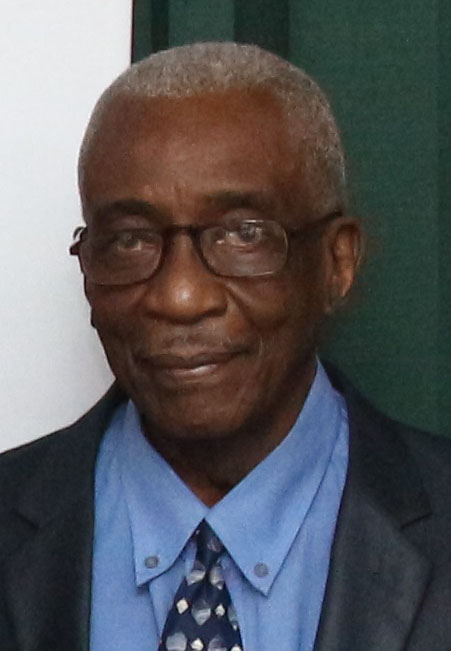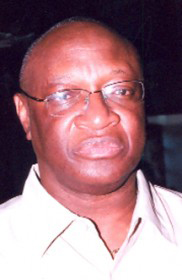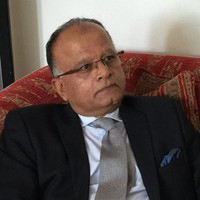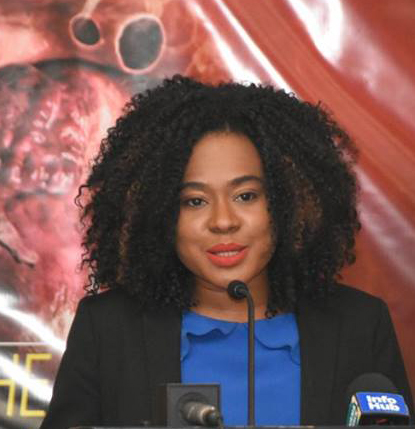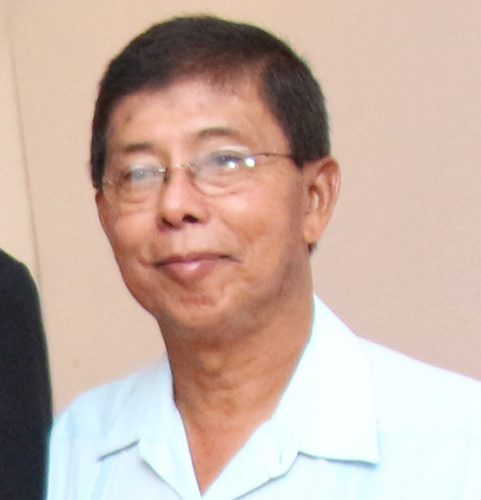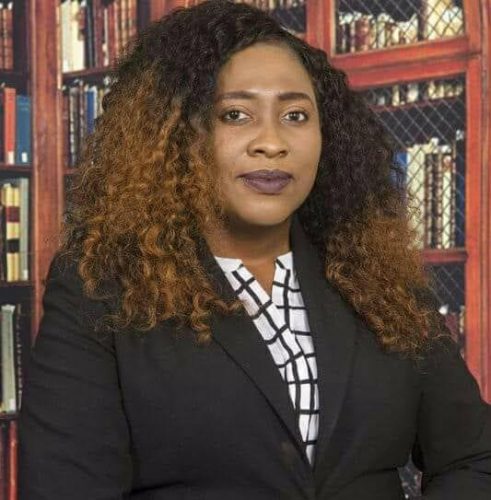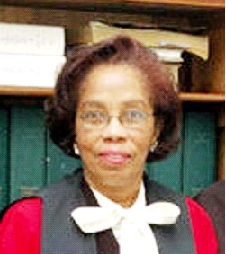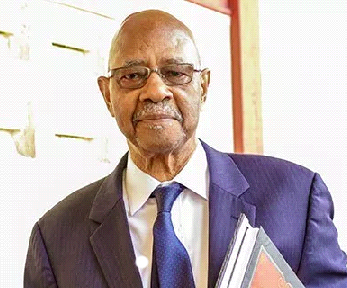President David Granger and his representatives have been accused by the Opposition of failing to act in “good faith” after they made eight nominations and refused to engage in discussion about the 11 names nominated by Opposition Leader for Chair of the Guyana Elections Commission (GECOM).
Instead of participating in these discussion, the President’s representatives suggested eight new individuals for consideration including the most recent Chair, retired Justice James Patterson.
Beginning at five in the afternoon the two sides met for just under one hour but made no decisions instead Patterson as well as Stanley Ming, Kesaundra Alves, Dr. Aubrey Armstrong, Kadim ‘Kads’ Khan, Kim Kyte-Thomas, Justice (rtd) Claudette La Bennett and Justice (rtd) Stanley Moore were suggested as possible candidates.
While both sides told reporters that the process was only in its “embryonic stage” with the “real hammering out set to begin [today] at 4pm” the opposition representatives later severely criticized the entire engagement and stated that they will not be attending another meeting unless it is made clear beforehand that the 11 names will be discussed.
“What we went there for? All we did was receive eight names…I could’ve gone home and done other things,” a seemingly frustrated Anil Nandlall dismissively told reporters at a press conference last evening.
According to former Chief Whip Gail Teixeira the representatives of the Opposition Leader were disappointed for two reasons: the President’s failure to present the names before the meeting and his representatives statement that they “had no instructions” about the 11 names already submitted.
“The issue was there was nothing to stop government from giving us the names earlier and coming to the meeting prepared to deal with the 11. That was the decision on July 4 that we will commence the process with 18 names appropriately adjusted. That is what we went to the meeting for to learn for the first time which of the 11 names if any are “not unacceptable” to the President,” Teixeira said.
She explained that the President had 48 hours since receiving the 11 names to indicate what was acceptable and unacceptable or suggest the eight names but choose not to which raises questions about his commitment to a “good faith” process.
“We adjusted the list…we took out persons overtaken by events for example one person became an active litigant and we felt that persons may be disqualified by his participation in the litigation. Others withdrew their consent,” Nandlall indicated.
He reminded that the term good faith had been used in excess of 30 times in the judgment from the Caribbean Court of Justice (CCJ) and is what the two parties are asked to act on in their engagement.
“Imposing eight names and not allowing us to go through the 11 are not good indications that government is prepared to move forward,” the former Attorney General stressed while Juan Edghill who was also present noted that without the President offering an objection to the 11 there is no need for another 8 names.
“Is the submission of the eight a rejection of the 11?” he asked.
The CCJ is to issue consequential orders on Friday as it pertains to the GECOM Chairman and the December 21, 2018 motion of no-confidence. It has expressed the hope that the two sides could reach agreements before then.
The opposition representatives yesterday also raised questions about the suitability of several of the suggested names.
Pedigree
“Look at those names…some persons are highly politically connected to the government. The President had previously called for Judge-like qualities [such as] impartiality, integrity, [and being] above the political fray. If that is the President’s position one would expect him to put names of similar character and pedigree,” Nandlall opined adding that he did not wish to impugn the character of the nominees but to show government is not acting in good faith.
Three nominees: businessman Ming, Management consultant Dr. Armstrong and Khan were previously active members of the People National Congress Reform (PNCR) the largest party in A Partnership for National Unity (APNU). Ming and Khan were executive member while Armstrong had been nominated as a possible Presidential Candidate in 2010.
Additionally retired Justice Moore, who recently celebrated his 84th birthday, served as a Home Affairs Minister under former President LFS Burnham. He also led an Ethnic Relations Commission Inquiry into the employment practices of GECOM.
According to Edghill two of the eight candidates had indicated on their resumes that they were politically affiliated and named the political party.
Teixeira questioned too the inclusion of the controversial Justice Patterson who had been unilaterally appointed by President Granger and resigned following the CCJ’s ruling.
“The President said he was electoral history so why is his name included?” she asked.
“They are not acting in good faith as far as we are concerned,” Teixeira stressed, adding that such actions will put the opposition in a position where they too will be not able to act in a good faith.
President David Granger was represented at yesterday’s meeting by Vice President and Minister of Public Security Khemraj Ramjattan, Minister of Public Health Volda Lawrence and Director General of the Ministry of the Presidency Joseph Harmon.
The Leader of the Opposition was in turn represented by Former Chief Whip Teixeira, Former Attorney General Nandlall and Edghill.
According to the Opposition the meeting was part of a process, which began on July 4 to appoint a Chairperson for GECOM in accordance with the letter and spirit of Article 161 (2) of the Constitution and the approach recommended by the CCJ in giving effect to the said Article.
Meanwhile the Opposition has once again stated that it will not be returning to Parliament to extend the life of the government.
In a press statement Opposition Leader Bharrat Jagdeo noted that the Government has argued that the CCJ has no jurisdiction to fix a date for election and that Parliament must meet to extend the life of the Government.
In the court-mandated submission made on July 1, Attorney General Basil Williams argued that “The Government should convene the National Assembly to have a resolution passed in order that the time be extended for the holding of an election within the earliest time as indicated after the President has consulted with the Guyana Elections Commission.”
It was also submitted that if, for any reason, the National Assembly does not pass the resolution or it does not garner the requisite majority for an extension, the President, after consultation with GECOM, shall dissolve the National Assembly and General and Regional Elections be held on a date to be fixed by the President under Articles 70(2) and 61 respectively.
Jagdeo however emphasized that the process of selecting a chair will in no way detract or derogate from the date for elections, which must be held within three months from the date that the CCJ ruled that the No-Confidence Motion was validly passed, that is, the 18th June 2019, so as to give effect to Article 106 (6) and (7) of the Constitution.
“The CCJ has a duty to give effect to the language and intent of the framers of the Constitution and the People’s Progressive Party (PPP) will not be returning to the Parliament to facilitate any extension to the life of the Government,” he said.
